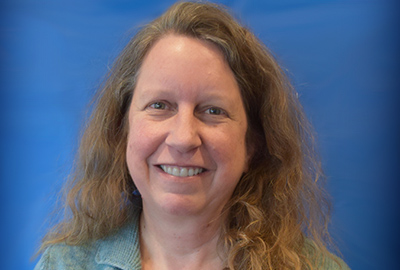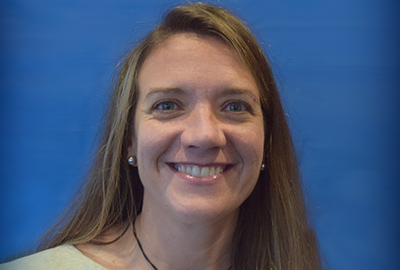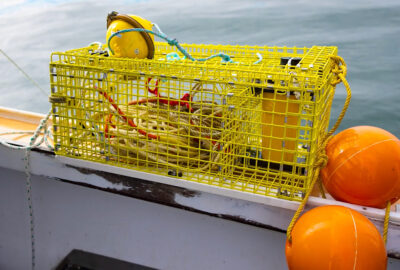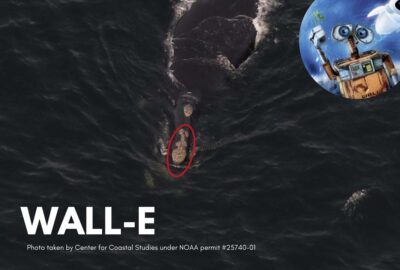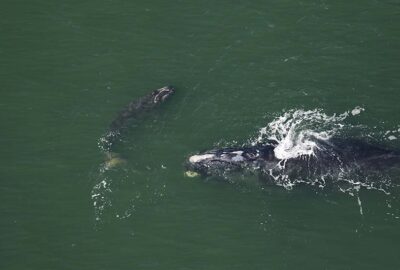Estimating the effects of stressors on the health, survival and reproduction of a critically endangered, long-lived species
By Enrico Pirotta, Robert S. Schick, Philip K. Hamilton, Catriona M. Harris, Joshua Hewitt, Amy R. Knowlton, Scott D. Kraus, Erin Meyer-Gutbrod, Michael J. Moore, Heather M. Pettis, Theoni Photopoulou, Rosalind M. Rolland, Peter L. Tyack, Len Thomas
Originally published in Oikos in February 2023

Abstract
Quantifying the cumulative effects of stressors on individuals and populations can inform the development of effective management and conservation strategies. We developed a Bayesian state–space model to assess the effects of multiple stressors on individual survival and reproduction. In the model, stressor effects on vital rates are mediated by changes in underlying health, allowing for the comparison of effect sizes while accounting for intrinsic factors that might affect an individual’s vulnerability and resilience. We applied the model to a 50-year dataset of sightings, calving events and stressor exposure of critically endangered North Atlantic right whales Eubalaena glacialis. The viability of this population is threatened by a complex set of stressors, including vessel strikes, entanglement in fishing gear and fluctuating prey availability. We estimated that blunt and deep vessel strike injuries and severe entanglement injuries had the largest effect on the health of exposed individuals, reinforcing the urgent need for mitigation measures. Prey abundance had a smaller but protracted effect on health across individuals, and estimated long-term trends in survival and reproduction followed the trend of the prey index, highlighting that long-term ecosystem-based management strategies are also required. Our approach can be applied to quantify the effects of multiple stressors on any long-lived species where suitable indicators of health and long-term monitoring data are available.
Full Text


